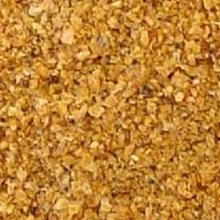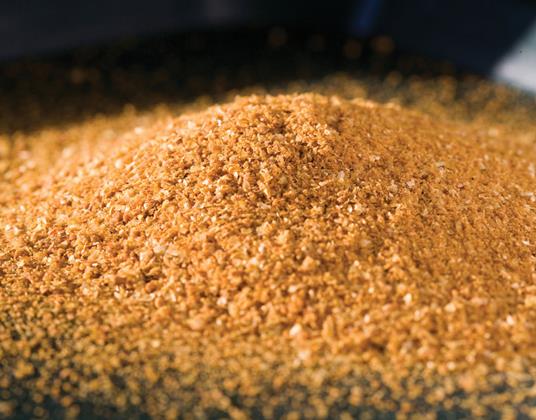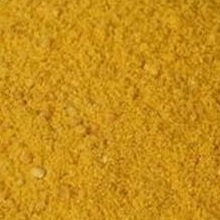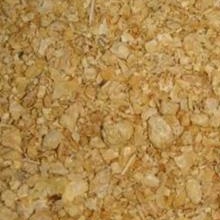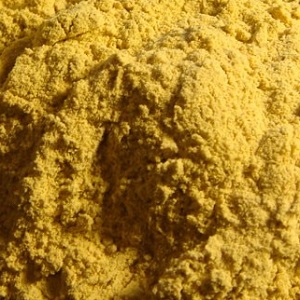Description
Corn distillers grain is the main by-product of the distillation of alcohol from maize grain. Distilleries produce alcoholic beverages, industrial ethanol and ethanol biofuel with the following by-products (definitions are given in Processes):
Spent grains, wet grains, wet distillers grain (WDG), wet distillers grain with solubles (WDGS)
Dried distillers grain (DDG), dried distillers grain with solubles (DDGS)
Condensed distillers solubles (CDS), dried distillers solubles (DDS)
There are two main distillery processes: dry-milling distillery and wet-milling distillery. The dry-milling (or dry-grind) process is the main process for producing ethanol. This process starts with removing the bran by grinding before steeping the grain in water and results in ethanol and various “distillers” by-products. The wet-milling process starts with steeping the grains and then separates the kernel into various fractions, which allows for the production of multiple food and industrial products, including starch, fructose, oil and ethanol. This process yields numerous by-products including maize gluten meal, maize gluten feed and maize germ meal (USGC, 2012).
While official and trade definitions exist for the different maize distillery by-products, the boundaries between these products may be somewhat fuzzy. Particularly, the amount of solubles blended back to the distillers grain to create DDGS can be variable. In fact, many research studies do not designate whether the product used was with or without solubles, and virtually all corn distillers grain available are DDGS, so the practical distinction between corn distillers grain with or without solubles is rarely useful (Schingoethe, 2006).
This datasheet will deal primarily with the DDGS of maize-based, dry-milling ethanol production, which are now the dominant distillery by-product. The changes in this industry have been tremendous. In the USA, distilleries produced in 1992 two million tons of corn distillers grain, with 40% from the production of alcoholic beverages and 60% from biofuel production. In 2010, the USA were the main world producer of maize-based ethanol biofuel and American maize distilleries yielded more than 34 million tons of corn distillers grain. Biofuel production accounted for 97% of the corn distillers grain produced in the USA. Projections for US corn distillers grain are about 38.6 million tons by 2020 (Hoffman et al., 2010). The situation is different in Europe and Canada, where wheat is the main cereal grain used for biofuel production, followed by maize, rye, sorghum and grain mixtures (Piron et al., 2009).
Distillery by-products have a long and rich history in animal feeding. They used to be considered offals and were dumped in sewers and rivers. Spent grains were sold a low price to local farmers as animal feed (Lyons, 2003). Corn distillers grain only became an important by-product in the middle of the 19th century in the UK, when the Coffey-patent still (continuous distillation column) replaced pot stills, allowing the use of maize in grain whisky production, partly replacing barley (Weir, 1984). In New York in the 1850s, the large-scale feeding of dairy cows with distillery mash in unsanitary conditions resulted in the “swill milk” scandal, a major food scare that led to better regulations of the dairy industry (Wilson, 2008). The first study about feeding distillers grains to cattle was published in 1907 (Weiss et al., 2007).
Corn distillers grains are valuable feed ingredients, rich in protein, moderately rich in fat and relatively poor in fibre, and can be fed to all classes of livestock (Hayes, 2008). It should be noted that, as of 2012, maize ethanol by-products are not only relatively recent but are still evolving due to changing technologies and demand in biofuel.

